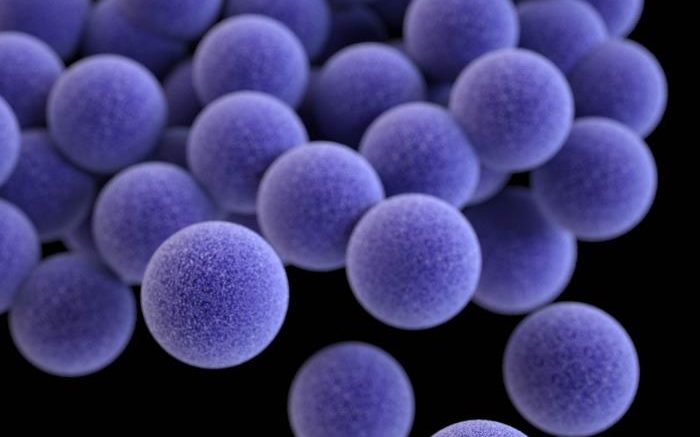It is well known that many strains of Staphylococcus are resistant to antibiotics, and research groups around the world seek new targets in the bacteria to decrease their infectious potential. As the head of KFU research group, Konstantin Usachev, comments, "The most popular target for antibiotics is the protein synthesis apparatus of a cell, in particular, ribosomes. One of the promising directions for experiments is regulating the synthesis of proteins in pathogens by affecting specific proteins which regulate ribosome functioning."
The work is supported by Russian Science Foundation's grant program for young research teams.
As Usachev explains, "The elongation cycle (extension of the protein chain by one amino acid residue) is the most conservative stage of protein synthesis in all living organisms. At the same time, there are areas of proteins that are "difficult" for the synthesis of the ribosome, such as proline-proline (proline is one of the twenty amino acids that make up proteins). In this case, proline-proline sites are very often found in the composition of the proteins of secretory systems, which, in turn, are necessary for the isolation of pathogenicity factors. In order to help the ribosome to synthesize such sites, there is a special protein -- the elongation factor P (EF-P). However, some organisms have a special post-translational modification in the structure of the EF-P protein -- an additional group of atoms that helps stabilize tRNA inside the ribosome. Whether such a modification was present in Staphylococcus aureus was not known. We managed to detect it and show what type of modification is present in EF-P from Staphylococcus aureus, which, in turn, can be used as a target for disrupting the functioning of this protein in the pathogen. We think creating drugs that disrupt the EF-P modification process will help disable the pathogenic properties of Staphylococcus aureus."
Source: Kazan Federal University

Be the first to comment on "Ways to Disrupt Protein Synthesis in Staphylococcus aureus Discovered"